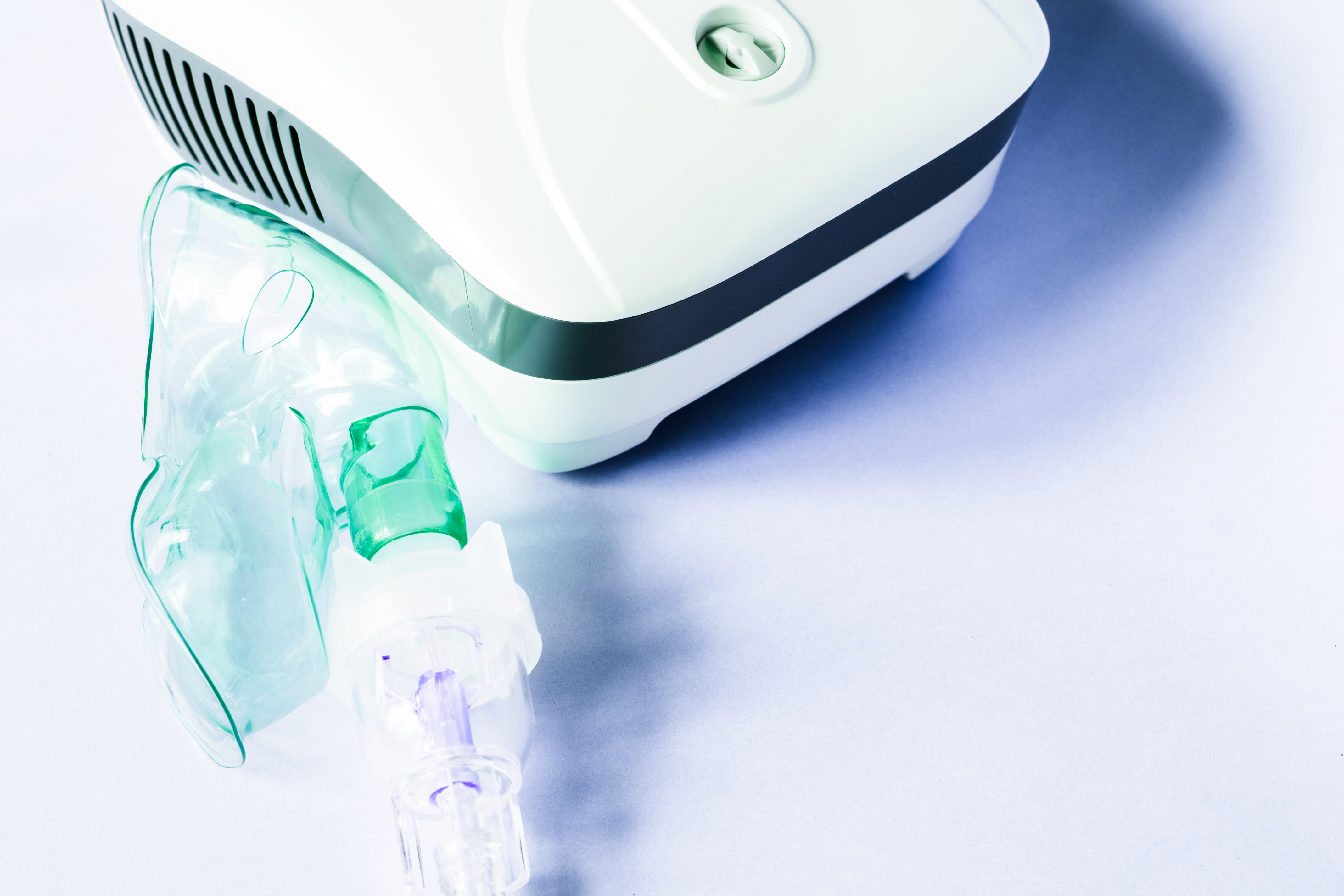CF Infection Can Be Safely Treated by Daily and Continuous Tobi Use, Study Reports
Written by |

A study comparing two continuous treatment regimens of tobramycin inhalation (Tobi) for Pseudomonas aeruginosa infection in patients with cystic fibrosis (CF) found that administration of both once a day and twice daily treatment was safe and well-tolerated.
The study, titled “Pharmacokinetics and safety of an 8 week continuous treatment with once-daily versus twice-daily inhalation of tobramycin in cystic fibrosis patients,“ appeared in the Journal of Antimicrobial Chemotherapy.
Pseudomonas aeruginosa is considered the most important pathogen in CF, infecting more than 80 percent of patients. By adulthood, such infections are often chronic and contribute to decreased lung function, as well as to overall morbidity and death.
Tobramycin has been shown to be effective against the bacteria, reducing the rate of exacerbations and hospitalizations, as well as improving or maintaining lung function. A preservative-free formulation of tobramycin solution (Tobi) has been approved for twice-daily administration for the long-term treatment of P. aeruginosa infection in patients with CF. Since drug resistance might become an issue, a treatment schedule of 28 days on treatment followed by 28 days off was introduced to minimize the risk of resistance. While the therapy has proven effective during the active treatment period, benefits are lost during the off-phase. The study, therefore, investigated if continuous Tobi treatment could present a safe option.
The research team at the University of Cologne, Germany, enrolled 29 CF patients who were randomized to receive either once or twice daily inhalations of Tobi for 56 days. Of these, 24 completed the study while five stopped the treatment due to adverse events or administrative problems.
Researchers noted that the concentration of the drug in serum was higher in the group receiving twice daily administration after four weeks, but this difference disappeared after eight weeks of treatment.
In total, 26 of the 29 patients experienced adverse events, but only 7.5 percent of them were judged to be severe. Among these events were one case of vertigo suspected to be linked to the drug, and the treatment was stopped in this patient. Tobramycin can give rise to neurotoxicity manifested as vestibular or audiological toxicity, as well as kidney toxicity. The research team suspected that the case of vertigo was linked to vestibular toxicity, but no cases of audiological or kidney toxicity were reported. Lung function did not differ between the two regimens and did not change during the treatment period.
The authors concluded that Tobi inhalation treatment might be a safer option for P. aeruginosa treatment compared to systemic administration, as well as to the on/off treatment regimen. Longer studies including more patients are, however, needed to confirm the results of this pilot study.






